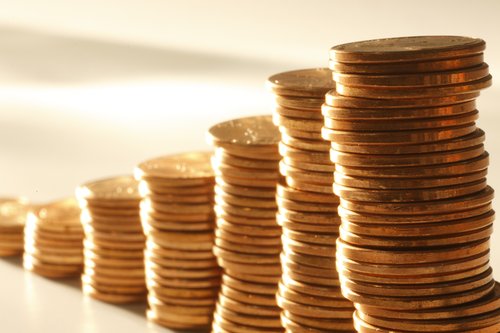TStrain
The best podcasts of 2022

The best podcasts of 2022 explored America’s democracy, the death of an artist and why people throw dinner parties
How to disaster-proof your life

An essential but often neglected aspect of personal finance is disaster-proofing your life.
Market assumptions are onward and upward

Investors have a new spring in their step. After months of losing money on just about everything they owned, they suddenly made money on almost anything they touched in November.
12 Suggestions For Better Time Usage And Better Outcomes

Just remember, at any given moment in time you are creating the next moment, but the success of the next one depends on the success of the one you’re in.
Lessons from Canada’s World Cup appearance to improve your career

While the Canadian men’s national soccer team left the FIFA World Cup tournament with no wins, there is a lot we can all learn from the team and its impact, according to two career coaches.
Game-changing gifts: presents that will really make a difference these holidays

It’s not about predictable things; buying in the community, giving money for an RESP or tuition, helping someone feel better, are great contributions.
Need To Cut Costs? Start With These 10 Money Saving Ideas

Finding ways to save money in your business is not always as apparent as you think. Here are ten money-saving ideas all business owners should consider.
The magic of compound interest

“I wish I’d started saving earlier…”
Ask most baby boomers what their one big financial regret is, and this one is likely to be near the top of the list.
Is the World Cup a giant waste of money?

Host countries are growing wary.
Here are the rules for claiming home-office expenses in 2022

Working from home…Been there. Done that. The good news? All of this can lead to tax savings if you claim home-office expenses.
